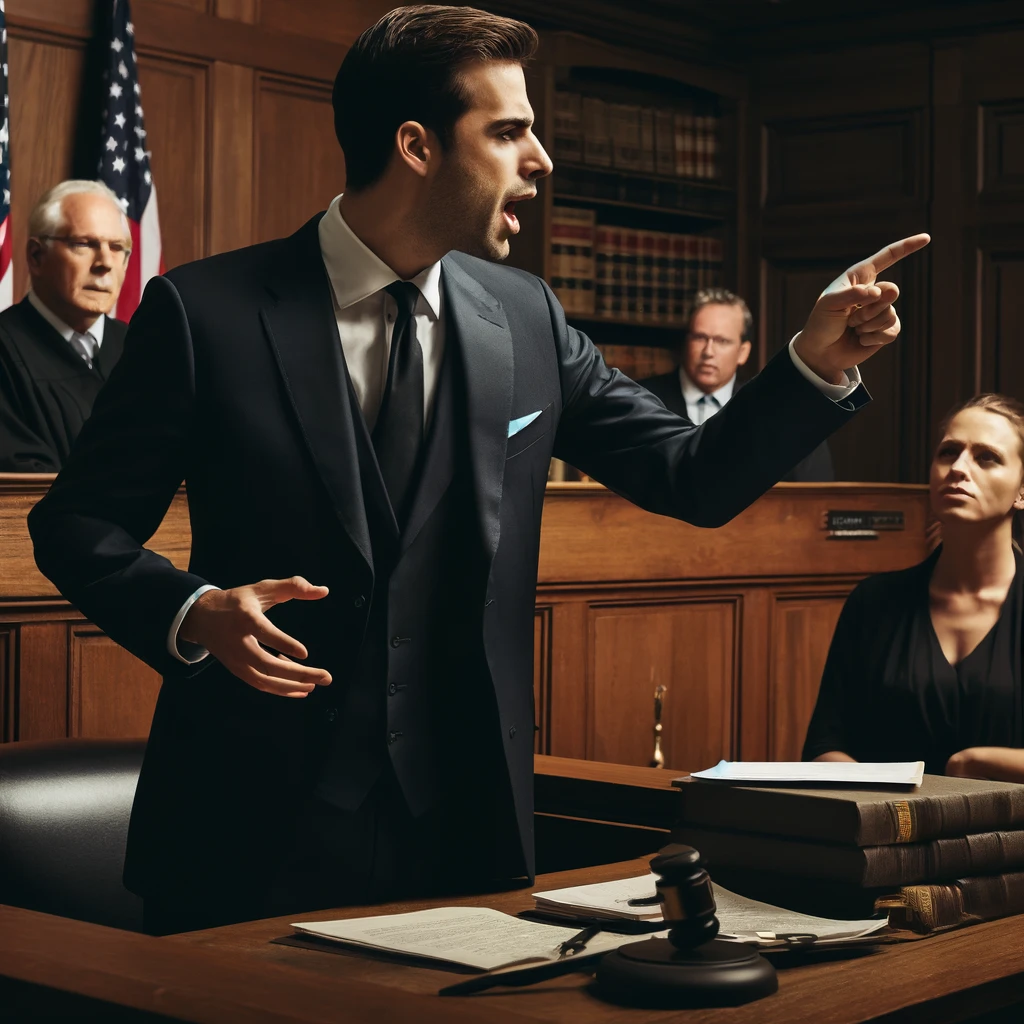Evidence Rule 608 governs the use of character evidence and witness credibility. Navigating the complexities of legal proceedings requires a keen understanding of the rules that govern the use of evidence. Among these, Washington Rule of Evidence (ER) 608 is pivotal, particularly when it comes to assessing witness credibility. This rule addresses two critical areas: reputation evidence of character and specific instances of conduct. Let’s delve into each to clarify how they impact legal arguments and witness examination.
Reputation Evidence of Character (ER 608(a))
What is Reputation Evidence?
Under ER 608(a), the credibility of a witness may be influenced by their reputation regarding truthfulness. This evidence is crucial in court as it helps establish whether a witness is likely to be telling the truth based on their general character for honesty or dishonesty.
Limitations on Using Reputation Evidence
The rule sets forth clear limitations:
- Character for Truthfulness Only: Evidence can only relate to the witness’s character for truthfulness or untruthfulness, not other traits.
- When Truthful Character Evidence is Admissible: Evidence of a witness’s truthful character is only permissible after their truthfulness has been attacked. This can occur through other reputation evidence or by different means within the proceedings.
Understanding these limitations is vital for legal practitioners to navigate the introduction of character evidence effectively, ensuring it is both relevant and admissible.
Specific Instances of Conduct (ER 608(b))
Exclusion of Extrinsic Evidence
ER 608(b) states that specific acts of a witness, intended to attack or support their credibility, cannot be proved with extrinsic evidence. This part of the rule underscores the importance of direct examination and limits the use of additional evidence that could unfairly prejudice the witness’s testimony.
Cross-Examination Scope
Despite these restrictions, the rule provides an opportunity during cross-examination to question a witness about:
- Their character for truthfulness or untruthfulness;
- The character for truthfulness or untruthfulness of another witness, provided the witness being cross-examined has testified about it.
This component is designed to allow a degree of scrutiny into the witness’s credibility while maintaining the integrity of the evidential process.
Practical Implications in Legal Strategy
Strategic Use of Character Evidence Under ER 608
Legal professionals must strategically use character evidence to bolster or undermine witness credibility. This involves planning how and when to introduce such evidence, ensuring compliance with ER 608, and preparing for its potential impact on jury perception.
Preparing for Cross-Examination
Attorneys should prepare meticulously for cross-examination, understanding when and how they can probe specific instances of conduct under ER 608(b). This preparation is crucial for effectively utilizing the limited scope provided by the rule to challenge a witness’s credibility.
Conclusion
Washington Rule of Evidence 608 plays a fundamental role in shaping the dynamics of witness testimony and the admissibility of character evidence in court. Legal practitioners must have a thorough understanding of this rule to navigate its nuances and leverage it effectively during trials. By adhering to the guidelines of ER 608, attorneys can ensure that their use of reputation and behavioral evidence adheres to legal standards and supports their case strategy effectively.
Understanding these rules not only enhances legal practice but also upholds the fairness and integrity of the judicial process. As we continue to witness changes and developments in the legal landscape, staying informed and compliant with such evidentiary rules remains a cornerstone of effective legal advocacy.
You can read the text of ER 608 here: https://www.courts.wa.gov/court_rules/pdf/ER/GA_ER_06_08_00.pdf
Review our client resources here
Contact us anytime for your urgent legal needs.
About Blanford Law:
We are no-nonsense, relentless, fair, and honest. We are great listeners instead of fast talkers, that is just who we are. More than 20 years ago, Ken began practicing law with a deeply-seeded belief that every person has the right to the best legal representation available. He built his law firm on that belief. Another belief that he strongly adheres to is his fundamental belief that clients deserve respect, with no assumptions or preconceived notions. If you or someone you know is accused of a crime or injured as a result of the negligence of another, please have them call us at 253-720-9304 or email us info@blanfordlaw.com

